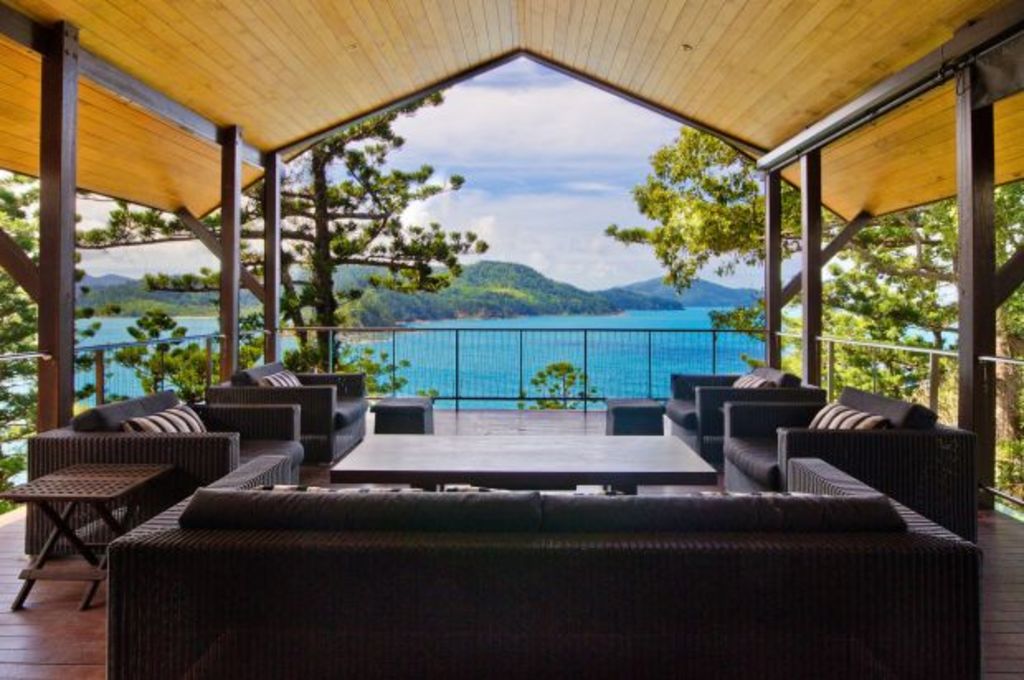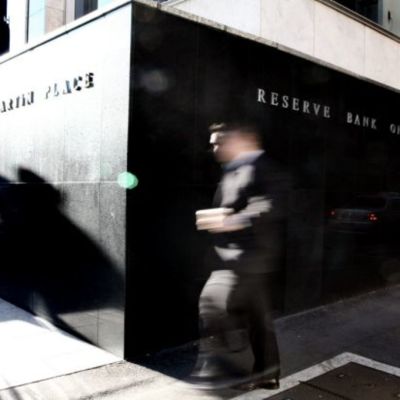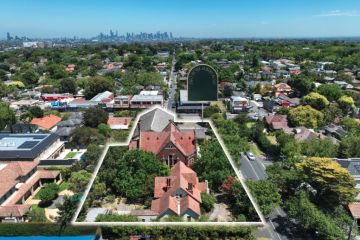Debbie was 'the cyclone we had to have': Whitsundays real estate agent

The passing of Cyclone Debbie was barely felt by the Whitsundays’ property market — and may have even had a positive effect on the region, according to real estate agents.
PRDnationwide Whitsunday principal Christie Leet said the region’s properties escaped relatively unscathed, which should give out of town buyers more confidence when purchasing properties in the cyclone-prone stretch of coast.
“Now people can understand how safe it is to own property in the Whitsundays,” he said. “It’s almost the cyclone we had to have, to be truthful.”
While substantial damage was done to some properties in the Whitsundays and Airlie beach, home owners with recently built homes had little to no damage.
“One thing about cyclones is you become very thankful of the building codes,” Mr Leet said.
Hamilton Island Real Estate principal Wayne Singleton said Cyclone Debbie had been a “frighten show” of what could happen to the Whitsundays region. He described it as “the worst I’ve ever been through.”
“You get something like this once in a hundred years,” Mr Singleton said.
Mr Leet said the severe cyclone prepared locals for future events. “I think we’ll be a little bit more aware for next time,” he said. “It was a very dramatic cyclone but the upside is we’ve probably seen the worst case.”
While the market had taken a hit in the short term, Mr Singleton expected things would be back to normal soon. “By the end of May or June we’ll be going full steam ahead,” he said.
Domain Group chief economist Andrew Wilson said locals shouldn’t expect a huge dip in prices. “[Cyclones] don’t tend to have a significant long term impact on prices,” he said.
“They don’t happen in areas where you wouldn’t expect them to happen and people account for that when they go to these places to live.”
Disaster prone areas tended to remain relatively stable even directly after a disaster, Dr Wilson said. “You don’t really see a decline in demand from these areas, it doesn’t matter if it’s flood and cyclones and bushfires.
“Even though it’s terrible and has a significant impact on people, people still remain connected to their neighbourhoods in the longer term.”
Community spirit following a natural disaster could even be a selling point, Mr Singleton said.
“For the island community to come back like it did in two weeks, that’s incredible.”
He said even some of his most expensive and expansive listings made it through the wild weather with minor damage, or none at all. A $6 million property on Hamilton island was almost completely untouched. “That one was perfect, they just cleaned the garden up and they were up and running.”
Dr Wilson said while new cyclone-proofing regulations meant properties were both more expensive and safer, it also provided certainty to the market allowing large scale development.
“We’re seeing it start to turn around now, there is more development coming through,” he said.
Mr Leet had recently been promoting ocean front development One Airlie, which sales he said wouldn’t suffer in the aftermath of Cyclone Debbie. “No ocean water passed over the land, so it’s certainly above the storm surge level,” he said. “Now’s a very good time to develop because everyone else wants to be here, so we need the product.”
We recommend
States
Capital Cities
Capital Cities - Rentals
Popular Areas
Allhomes
More










